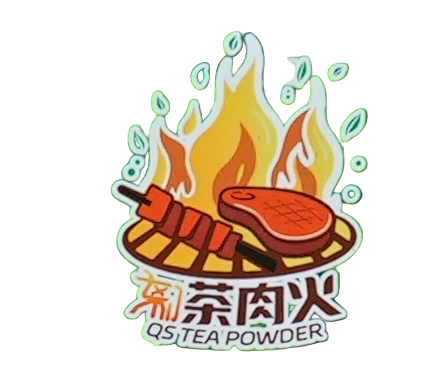In recent years, with the rise of health-conscious dietary trends, tea culture has experienced a revival. Anhua dark tea, in particular, has gained significant attention for its unique health benefits. However, as prices for some premium Anhua dark tea brands soar to 7,000 RMB per order, questions have arisen about the rationality of such pricing, with some even suspecting ties to pyramid schemes. This article explores whether the market price of Anhua dark tea is justified, while naturally introducing our product—Green Tea BBQ Seasoning—to demonstrate how it strikes a balance between health and flavor.
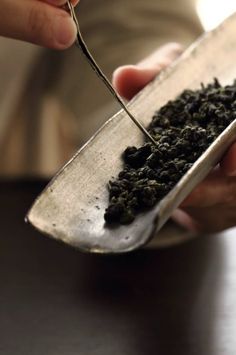
I. The Uniqueness of Anhua Dark Tea
First, it’s essential to understand what sets Anhua dark tea apart. Originating from Anhua County in Hunan Province, China, this tea boasts a history dating back to the Ming Dynasty. As one of China’s six major tea categories, Anhua dark tea is renowned for its unique fermentation process, which gives it a distinctive flavor and health benefits. Its purported effects, such as "promoting blood circulation, dispelling dampness, aiding digestion, and reducing body fat," have made it highly popular among health-conscious consumers.
The fermentation process of Anhua dark tea fosters a rich microbial ecosystem that supports gut health. Additionally, compounds like tea polyphenols and amino acids in the tea help lower blood sugar and cholesterol, aiding in weight management and digestion. Thus, its value lies not only in its taste but also in its potent health-promoting properties.
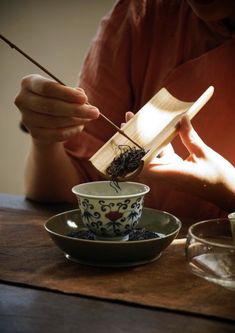
II. Is the High Price of Anhua Dark Tea Justified?
The 7,000 RMB price tag for Anhua dark tea has led some to speculate about pyramid schemes. However, such pricing often reflects market dynamics, scarcity, and the tea’s unique attributes. High prices do not inherently indicate fraud but rather a combination of factors:
-
Branding and Heritage: Premium teas are priced based not only on production costs but also on brand value, cultural significance, and historical legacy. For example, rare vintages or limited-edition batches of Anhua dark tea command higher prices, akin to aged wines.
-
Market Strategies: The rise of luxury tea brands, enhanced packaging, and refined production techniques contribute to added value. These are standard practices in modern marketing, not pyramid schemes.
III. Pyramid Schemes vs. Anhua Dark Tea
To determine whether Anhua dark tea is linked to pyramid schemes, it’s critical to define pyramid schemes: illegal models that prioritize recruiting members over selling actual products, with profits derived from recruitment commissions.
Anhua dark tea does not fit this definition. It is a tangible product purchased for consumption, with no requirement to recruit others or tiered profit structures. The high price stems from scarcity, branding, and demand—not exploitative practices.
IV. Integrating Tea Culture into Modern Cuisine
Beyond its health benefits, tea is increasingly being incorporated into contemporary culinary practices. Our Green Tea BBQ Seasoning exemplifies this fusion, blending traditional tea culture with modern flavors. Green tea, rich in antioxidants, adds a refreshing aroma to grilled dishes while cutting through the richness of meats—mirroring the dietary wisdom of Tibetan communities.
In Tibet, where diets historically relied on fatty meats and dairy, tea became essential for digestion and balancing richness. Our seasoning captures this philosophy: imagine succulent lamb or beef ribs marinated in green tea-infused spices, grilled to perfection. The tea’s antioxidants meld with savory juices, creating a harmonious flavor profile reminiscent of ancient traders’ first encounters with tea on the historic Tea Horse Road.
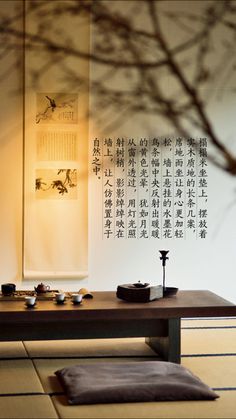
V. Princess Wencheng and the Tea Horse Road
The spread of tea culture is inseparable from legends like Princess Wencheng’s marriage to Tibetan King Songtsen Gampo in 641 AD. This political alliance between the Tang Dynasty and Tibet also marked the introduction of tea to the region.
Princess Wencheng brought tea and tea utensils to Tibet, where locals previously relied on yak meat and barley wine. Tea quickly became a dietary staple, aiding digestion and offsetting greasy flavors. Over time, tea culture flourished, and the Tea Horse Road emerged as a vital trade route, fostering cultural exchange between Han and Tibetan communities.
This story underscores tea’s role in bridging cultures—a legacy embodied in our Green Tea BBQ Seasoning, which marries tradition with modern gastronomy.
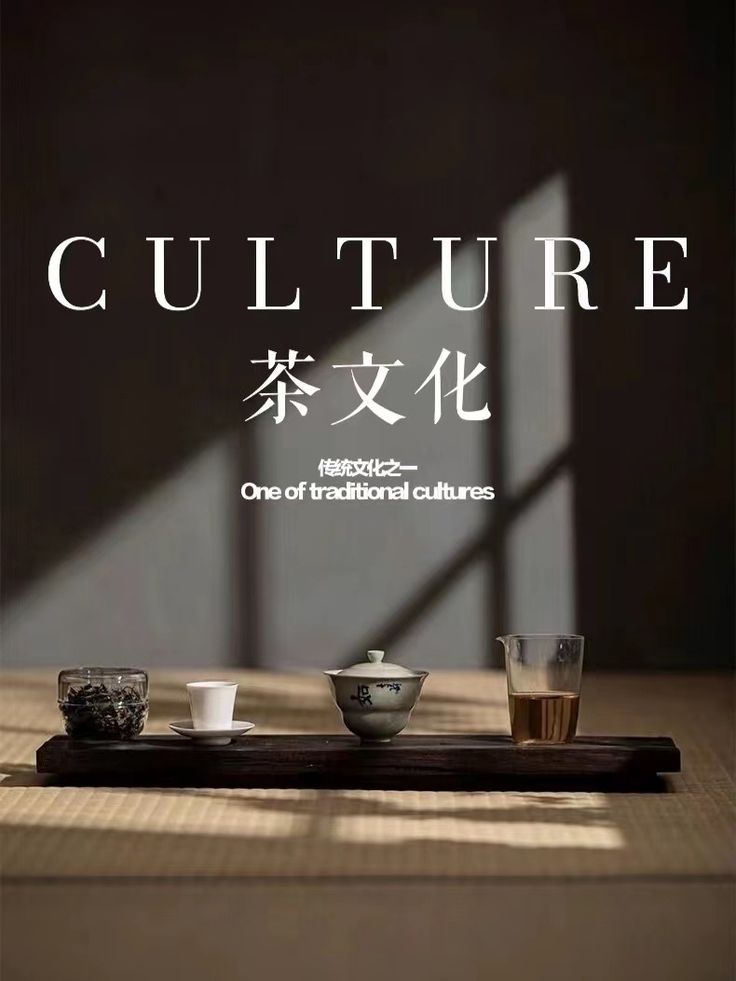
Conclusion
The 7,000 RMB price of Anhua dark tea reflects a blend of scarcity, branding, and cultural heritage, not pyramid schemes. Tea, whether as a health drink or a culinary ingredient, remains a bridge between tradition and modernity.
Just as Anhua dark tea offers wellness and history, our Green Tea BBQ Seasoning elevates meals with healthful, aromatic flair. Embrace the fusion of tea’s natural benefits and bold flavors—where every bite celebrates heritage and innovation.
